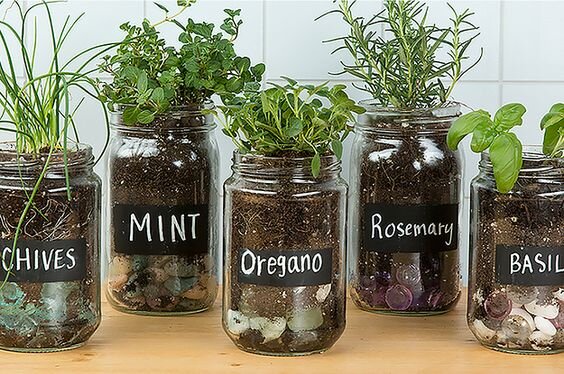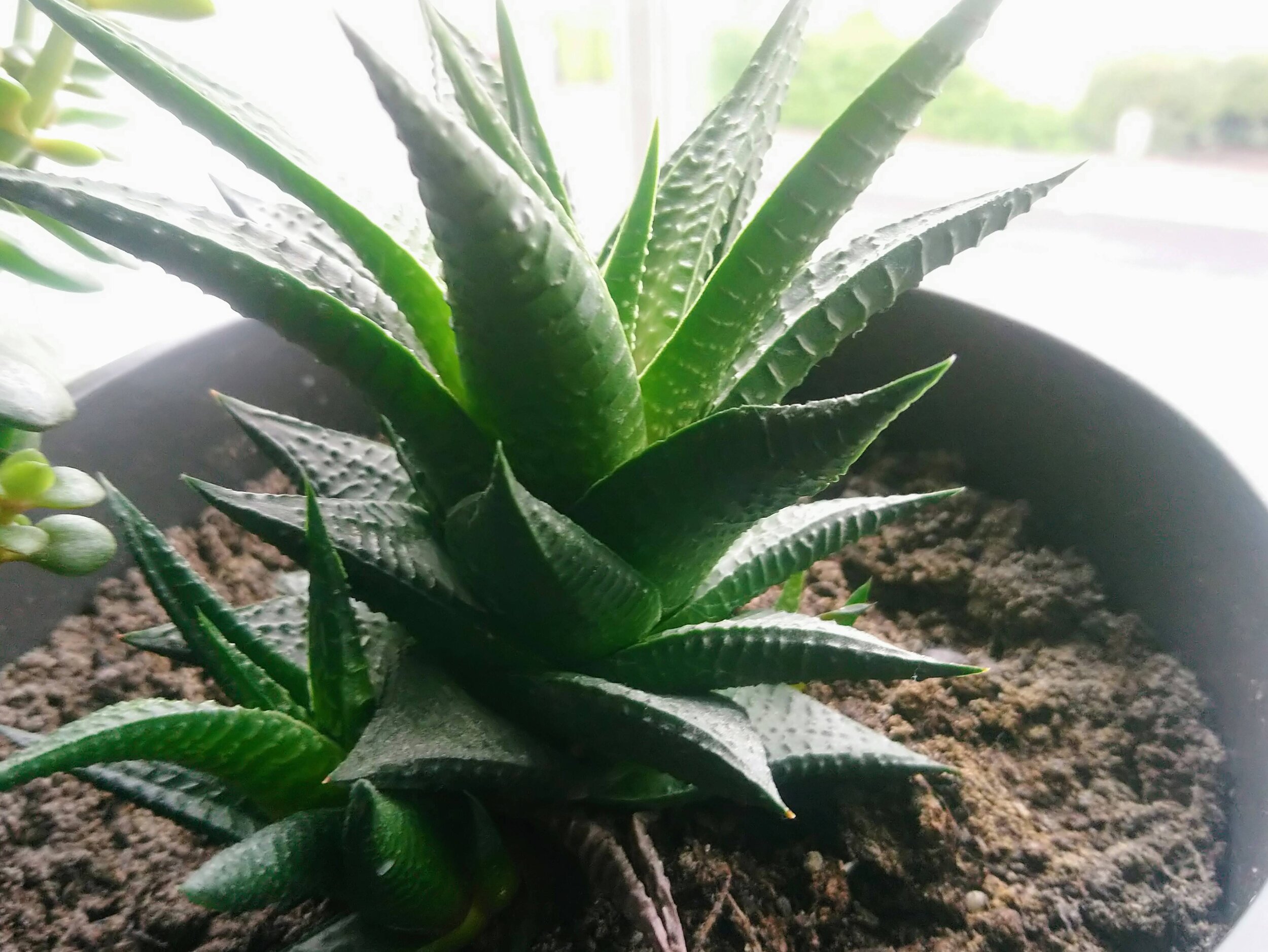Indoor Fall Herb Garden
Written by: Rebekah Bowen
In medieval times, closed gardens were used to not only grow culinary herbs but were also used to grow for medicinal use. They grew things such as Chamomile, Sage, Hyssop, Dill and Rue. These days, indoor herb gardens are all the rage - especially for those who live in smaller spaces.
A rule of thumb when growing herbs inside is to keep it simple. Start off by choosing woody stems. These can be rosemary, sage, marjoram, oregano, and parsley. All of these prefer dryer soil and lots of sunshine. So, keep them on a window sill!
If you’re looking for something more for fragrance than for edible purposes, you can plant things such as lavender, pelargoniums, lemon verbena, sweet alyssum, gardenias, and roses. I personally like a good mix between fragrant and edible plants that can be used for medicinal use. See below some of my favorites and what they can be used for.
My Must have Herbs for Edible and Health Benefits:
Basil: adds flavor to meals. Traditional uses include treatment of snakebites, colds, and inflammation within nasal passages. Provides some macronutrients such as calcium and vitamin K and a wide range of antioxidants.
Parsley: easy to grow and is enriched with Vitamins A, C, and K and folate. Can stay fresh for up to two weeks.
Rosemary: rich source of antioxidants and has anti-inflammatory compounds. Helps boost immune system and improves blood circulation. Smells good and is edible.
Sage: used for digestive problems- loss of appetite, gas, stomach pain, diarrhea, bloating, and heartburn. Its also known for reducing overproduction of perspiration and saliva, depression, memory loss, and Alzheimer’s disease. In food its usually used for spice.
Thyme: treats symptoms such as diarrhea, stomach ache, arthritis and sore throat.
Aloe and Coneflowers: used to heal wounds and often grow side by side with herbs.
Happy growing, friends!







